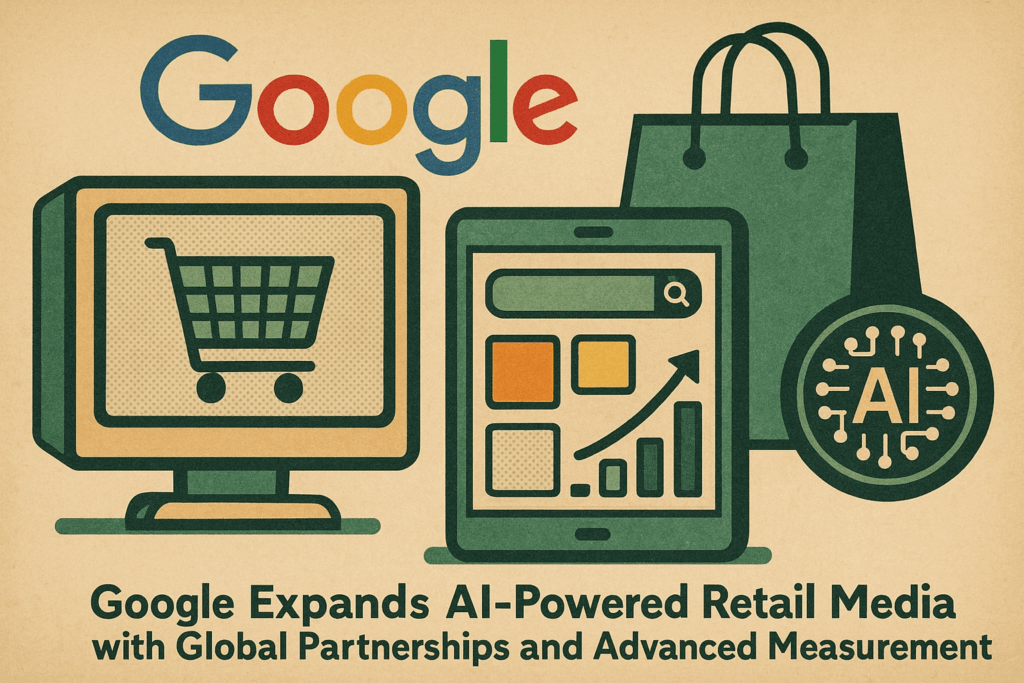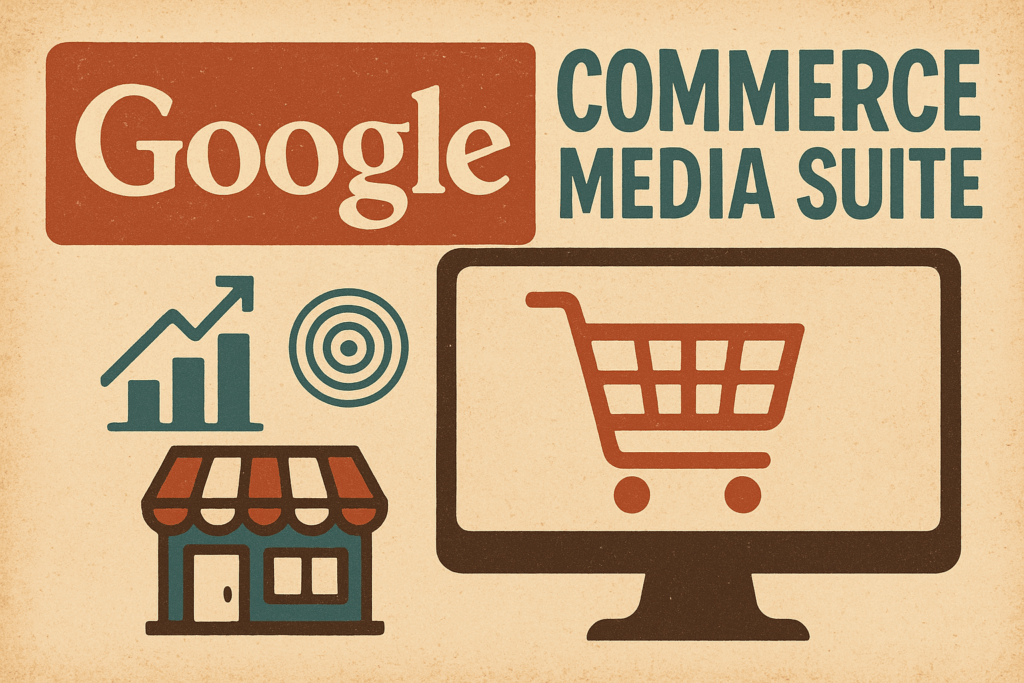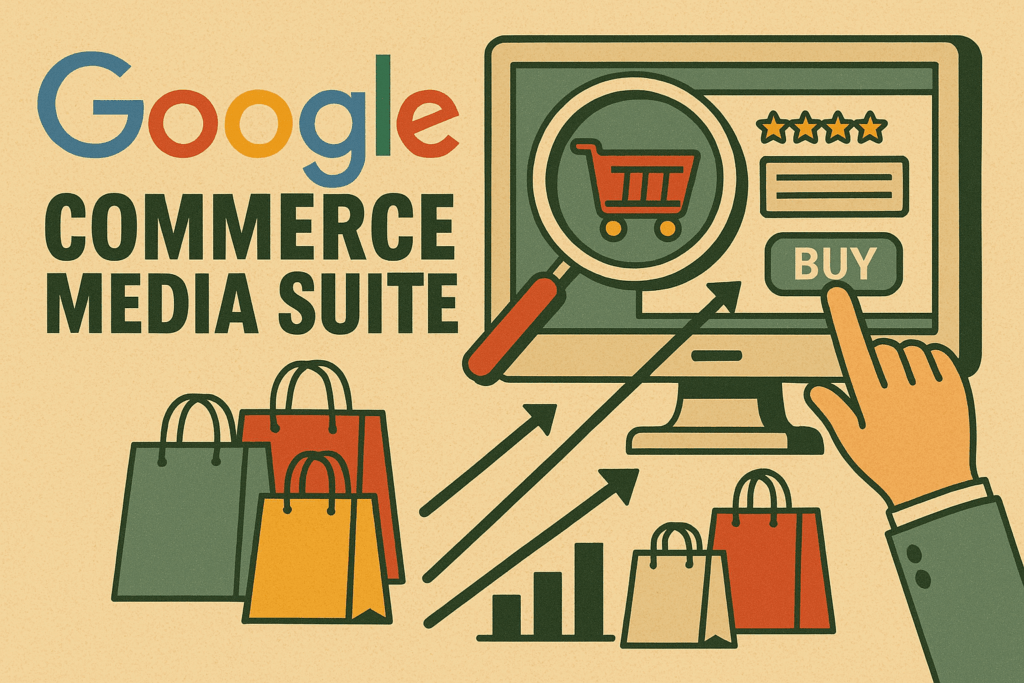Google’s Deep Play in Retail Media
Google has amplified its presence in retail media by integrating artificial intelligence tools across its advertising platforms, including Search Ads 360, Display & Video 360, and Google Ads. This move aligns with the evolving landscape of consumer privacy and behavior, providing brands and retailers with smarter commerce ad solutions. AI powers these tools to optimize ad targeting, bidding, and performance prediction, driving more relevant consumer engagements in a privacy-conscious environment.
Partnerships Driving Broader Reach and Measurement
To extend its retail media capabilities globally, Google has formed strategic partnerships with major e-commerce platforms such as Flipkart in India, Shopee in Southeast Asia, and Rakuten in Japan. These collaborations simplify catalog sharing and data integration, allowing brands to scale commerce ads effectively across diverse markets.
In the United States, Google teamed up with Target’s Roundel to connect online advertising efforts with offline sales through Performance Max campaigns. This integration delivers comprehensive measurement of retail media effectiveness by combining digital and in-store sales data, giving marketers a clearer view of return on investment.
Additionally, Google has expanded retail media channels to YouTube through Display & Video 360, enabling advertisers to reach consumers in engaging video formats that complement traditional search and display advertising.
Implications for Retail Media Operators
Google’s focus on AI-enhanced measurement tools brings transparency to retail media performance, helping brands and retailers attribute sales more precisely and optimize budgets accordingly. As a result, retail media networks face increased competitive pressure to adopt advanced data capabilities or risk losing ground.
Moreover, Google’s role as an integrator connecting multiple platforms and retailers solidifies its influence over the retail media ecosystem. This development may prompt closer collaborations between retail media operators and Google, while also challenging smaller players to innovate or specialize to maintain relevance.
Overall, Google’s expansion signals a shift towards more data-driven, omnichannel retail media strategies powered by AI and robust measurement frameworks. Industry stakeholders should consider how these changes affect strategic planning and partnership opportunities in a rapidly evolving market.



